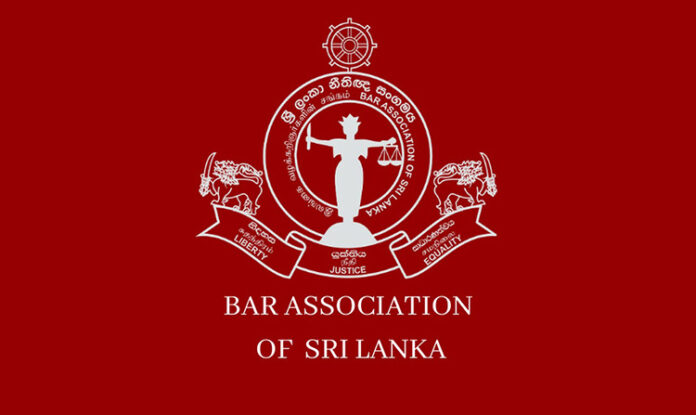May 29, Colombo (LNW): A significant legal move has been undertaken by the Bar Association of Sri Lanka (BASL), which has filed a Fundamental Rights (FR) application with the country’s Supreme Court, calling for justice and systemic reform following the tragic death of a university student believed to be the victim of ragging.
The petition was submitted in the wake of the death of Charith Dilshan, a second-year undergraduate from the Faculty of Technology at Sabaragamuwa University.
Reports indicate that he had been subjected to a brutal ragging ordeal, which ultimately led him to take his own life. The BASL argues that this incident is not just a tragic loss of life, but also a blatant infringement of fundamental human rights.
Filed on behalf of the BASL by its President, Rajeev Amarasuriya, and Secretary, Chathura Galhena, the petition calls on the judiciary to declare that the treatment endured by Dilshan constitutes a violation of constitutionally protected rights. Represented by Attorney-at-Law G.G. Arul Pragasam, the petition also urges the court to direct relevant authorities to conduct a full-scale investigation into the events leading to the student’s death.
Beyond seeking justice for Dilshan, the BASL’s legal action aims to address the broader and ongoing issue of ragging—an entrenched and frequently violent initiation practice that continues to plague higher education institutions across Sri Lanka.
The petition emphasises that, despite existing laws, ragging remains a persistent threat to student welfare due to insufficient enforcement and institutional apathy.
A total of 69 individuals and entities have been named as respondents in the case, including the Sabaragamuwa University administration, members of the university council, senior officials from the Ministries of Higher Education and Defence, the heads of the police and criminal investigation divisions, and the Attorney General.
The BASL is seeking several concrete outcomes from the court: the formulation of a national anti-ragging strategy; a directive to enforce the existing Prohibition of Ragging and Other Forms of Violence in Educational Institutions Act, No. 20 of 1998; and the establishment of a clear set of guidelines to prevent such abuses in the future.

